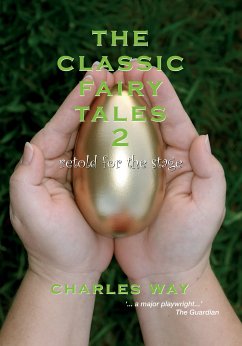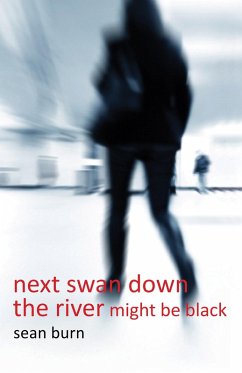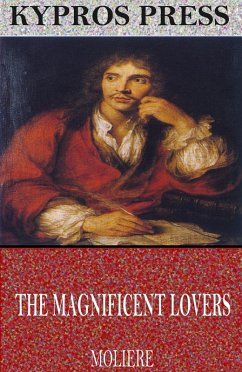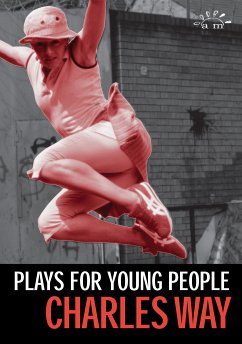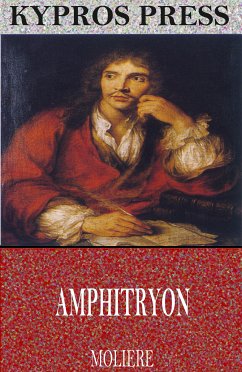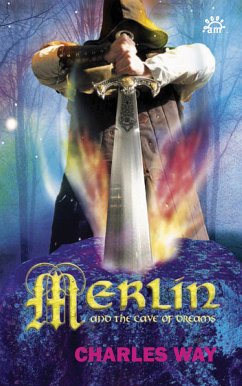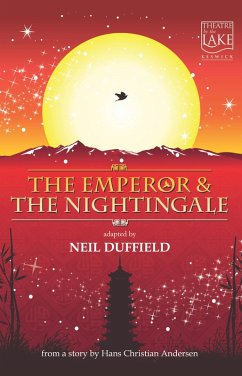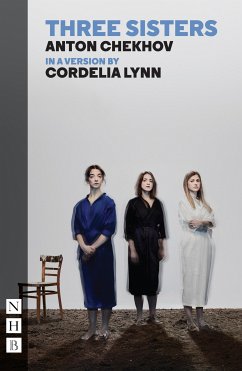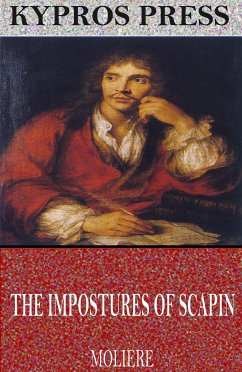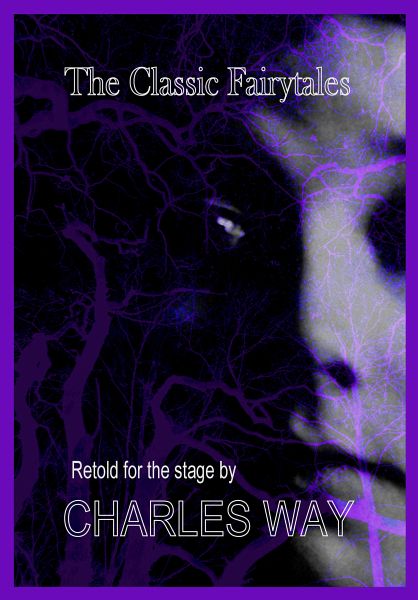
The Classic Fairytales (eBook, ePUB)
Retold for the Stage
Versandkostenfrei!
Sofort per Download lieferbar
4,56 €
inkl. MwSt.
Weitere Ausgaben:

PAYBACK Punkte
0 °P sammeln!
Three timeless tales retold for the stage by one of the UK's most renowned writers of plays for children, Charles Way. Winner of the Writers Guild Best Children's Play Award, his plays appeal to audiences of all ages and are translated into several languages and performed internationally. Each of the three plays explores the journey from childhood to adulthood, but each takes a specific angle.Sleeping Beauty is driven by the notion of duality. Everyone and everything in the play has a complimentary aspect; King and Queen, Castle and forest, bright witch and dark witch, etc. Gryff, half-dragon,...
Three timeless tales retold for the stage by one of the UK's most renowned writers of plays for children, Charles Way. Winner of the Writers Guild Best Children's Play Award, his plays appeal to audiences of all ages and are translated into several languages and performed internationally. Each of the three plays explores the journey from childhood to adulthood, but each takes a specific angle.
Sleeping Beauty is driven by the notion of duality. Everyone and everything in the play has a complimentary aspect; King and Queen, Castle and forest, bright witch and dark witch, etc. Gryff, half-dragon, half-human is the physical embodiment of the idea of duality and is at war with himself. This is both dramatic, since it provides the conflict needed for the drama, and thematically rich, since it explores what all of us, but more precisely children, feel as they grow up.
Cinderella is a play about a journey from darkness to light, from sickness to health. Everyone in the play is under the influence of some kind of loss, and the play explores these feelings and the sometimes painful route one must take to accommodate them and move on in life. It's a moving and beautiful play, that also manages to be tremendously funny and the introduction of Mozart as a character, whose music charts the whole journey toward light and joy, is a theatrical coup.
Where Cinderella has music at its core, Beauty and the Beast has dance. This is a play about overcoming fear, and the subconscious world is represented through imagery and movement. The play begins with a startling dream sequence and then segues into the drawing-room world of a Jane Austen novel, before moving to the wilds of Dartmoor. Throughout this journey one is never sure if the play is in dreamtime or not, and Way connects this feeling to the very act of theatre itself. As ever, the themes are explored through dramatic action, and the result in Beauty and the Beast is a script of rare brevity that allows actors and directors room to explore the profound nature of the story.
Sleeping Beauty is driven by the notion of duality. Everyone and everything in the play has a complimentary aspect; King and Queen, Castle and forest, bright witch and dark witch, etc. Gryff, half-dragon, half-human is the physical embodiment of the idea of duality and is at war with himself. This is both dramatic, since it provides the conflict needed for the drama, and thematically rich, since it explores what all of us, but more precisely children, feel as they grow up.
Cinderella is a play about a journey from darkness to light, from sickness to health. Everyone in the play is under the influence of some kind of loss, and the play explores these feelings and the sometimes painful route one must take to accommodate them and move on in life. It's a moving and beautiful play, that also manages to be tremendously funny and the introduction of Mozart as a character, whose music charts the whole journey toward light and joy, is a theatrical coup.
Where Cinderella has music at its core, Beauty and the Beast has dance. This is a play about overcoming fear, and the subconscious world is represented through imagery and movement. The play begins with a startling dream sequence and then segues into the drawing-room world of a Jane Austen novel, before moving to the wilds of Dartmoor. Throughout this journey one is never sure if the play is in dreamtime or not, and Way connects this feeling to the very act of theatre itself. As ever, the themes are explored through dramatic action, and the result in Beauty and the Beast is a script of rare brevity that allows actors and directors room to explore the profound nature of the story.
Dieser Download kann aus rechtlichen Gründen nur mit Rechnungsadresse in A, B, BG, CY, CZ, D, DK, EW, E, FIN, F, GR, H, IRL, I, LT, L, LR, M, NL, PL, P, R, S, SLO, SK ausgeliefert werden.




